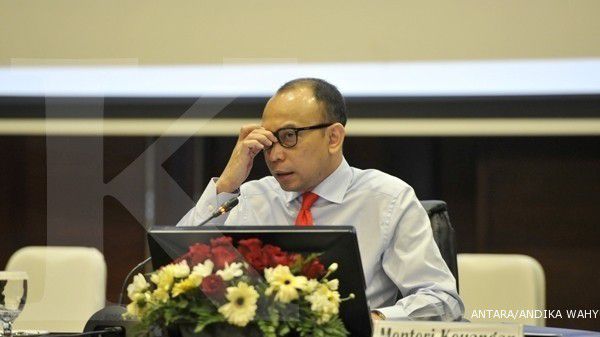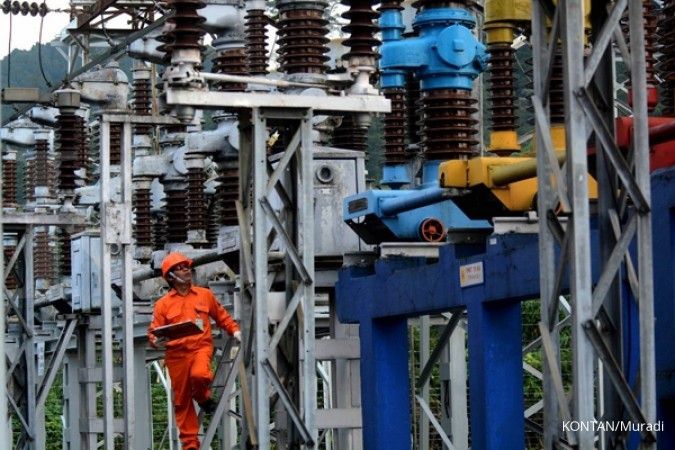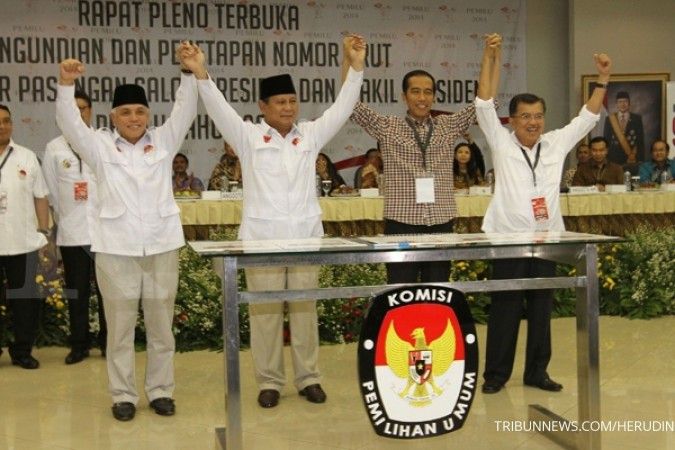JAKARTA. Finance Minister Chatib Basri says Indonesia’s economic growth, which has been set between 5.5 and 6.0 percent, is influenced by global economic conditions that are expected to improve. “Global growth in 2015 will be better than 2014,” he said as quoted by
Antara news agency after a plenary meeting at the House of Representatives in Jakarta on Tuesday. Chatib said next year’s global economy would improve because the US was likely to increase its benchmark interest rate, which would be followed by economic recovery in Europe and Japan.
“We see that if the US increases its interest rate, it’s probable that Indonesia’s economic growth will stand within the range of 5.5 percent, if the rate increase is not significant – only nearing 6 percent,” he said. Chatib added that an improved global economy would improve demand so that work in the export sector would increase again and contribute to national economic growth. “Europe’s economy will slightly improve, also Japan’s economy. This will lead to increases in exports because commodity prices that slightly increase will cause increases in global demand,” said Chatib. Domestically, national economic growth is supported by improved household consumption and government spending, a controllable inflation rate and adequate fiscal room for spending in the 2015 state budget. “The government will have fiscal room so that its budget will no longer be cut. It means government spending will increase and if inflation can be maintained, consumption will also increase,” said Chatib. The budgetary body at the House of Representatives and the government have agreed macro economy assumptions for the state budget plan (RAPBN) for the 2015 fiscal year.
Indonesia’s economic growth is set between 5.5 and 6.0 percent while inflation is expected to stand between 3.5 and 5.0 percent. The rupiah rate against the US dollar will be within 11,500 and 12,100 per dollar. The body expected the three-month government debt papers (SPN)average interest rate to stay at 6.0 and 6.5 percent, Indonesian Crude Price (ICP) production to reach between 830,000 and 900,000 barrels per day (bpd) of oil, and natural gas lifting at 1.2 and 1.26 million barrel per day in 2015. Meanwhile, deficit assumption is expected to stand between 1.7 and 2.5 percent of the country’s gross domestic product (GDP). Macro economy assumptions will become the basis of the 2015 RAPBN that will be conveyed by President Susilo Bambang Yudhoyono in his state remarks to mark Independence Day at the House in August. (ebf)





